|
It used to be that creatives made content, revised it, and released it into the wild. A marketing team might help promote it if you were lucky. Then it became incumbent on creatives to start promoting our work on our social media, and now—should we have a blog/website of our own—we need to also be skilled in SEO optimization, creating conversions, and analyzing metrics. If you're thinking, "Ew, gross," I get it. That’s not what most of us want to focus on. I’ve found it helpful to think of SEO (Search Engine Optimization) as more of a matchmaker or dating app. Digital-marketing tools are there to help us attract an audience who is a good fit, plain and simple. Think of "key words," in particular, as breadcrumbs to you. When we supply “key words” (the words we anticipate people might type into their search bar to find content like ours), we leave a trail of breadcrumbs for our potential audience to find us and get to know us better. It’s like posting a profile on a dating app. You can have the most appealing profile in the world but who cares if no one can see it—or if it’s only viewed by people who already know us? The majority of us want more like-minded people to know we're out here and available for mingling (content-wise, obviously). If we didn't want to be noticed, we wouldn't make our work public. It's on us to stay genuine and not try to “game the system.” I think where a lot of creatives, including myself, get turned off is by the idea of establishing marketing tools ahead of the actual content we create. If you’re thinking about which engaging key words to use, or optimizing titles, more than you are thinking about the ideas you want to express, game over. Back to the dating-app metaphor: You don’t want to spend more time anticipating what potential suitors might want in a date at the expense of expressing who you really are. Digital marketing brings you a bigger pool of suitors who already connect with you on at least some level. Metrics are there to help us, not insult us. Lastly, metrics, like a good matchmaker, keep it real. Numbers don’t lie, and it’s important to know if people are visiting your site and reading your stories (also, are they skimming for 10 seconds and moving on, or spending several minutes)? In the dating-app metaphor, wouldn’t you want to know if people weren’t reaching out to you after checking out your profile for some small reason? What if you could easily fix it; wouldn't you want to make some adjustments and try again? The same is true with metrics; they give us a chance to figure out how we’re going wrong in finding potential readers/viewers so we can make our breadcrumbs more relevant and enticing. We creatives don’t have to fall in love with digital marketing anymore than we'd be expected to fall in love with the matchmaker. We can be willing to experiment with it, learn from it, and possibly even appreciate its value. If you like this, check out "3 Questions to Ask Before Seeking Publicity for Your Project"
1 Comment
Many of us are waiting with bated breath to find out which two U.S. Senate candidates will win the runoff elections in Georgia tomorrow. We all know what’s at stake: whether the Senate will be majority red or blue. It’s been thrilling to witness how black women leaders like Stacey Abrams, LaTosha Brown, and Keisha Lance Bottoms have mobilized to fight against long-time voter suppression that has kept black people and other marginalized groups from voting and being heard.
Those of us in journalism often rely on lengthy human-interest stories paired with statistics and/or survey results to engage readers on topics we deem important. We see the opposite on the Facebook account “Team Stacey Abrams for Warnock/Ossoff RunOffs.” The feed is full of inspiring and heartwarming caption-length stories from men and women on their way to vote or who just voted. This includes sentiments like:
It’s surprising just how powerful these tiny personal stories are. I've been thinking about why. There is certainly the “David and Goliath” element, where bullied victims finally rise up and win their due justice. There is also the reminder that “we the people"--me, you, all of us—want policies and laws that truly represent and protect us. Many of us are sick and tired of having white rich men passing policies that help build their fortunes and protect their power, and the rest of us be damned (or simply ignored). The last four years sure taught us that that we can’t sit back and hope politicians get it right. We must get in the game to fight for our rights. Right now, each Georgian who gets out and votes, particularly during a pandemic, is doing so for themselves, their communities, and for all of us who want change. I want to see and celebrate their faces on social media, and add to the comments cheering them on and expressing gratitude (i.e. "Say it Kylee, we got this!" "Thank you from Boston, we love you!" "Sending love, hope and good vibes from Long Island, NY! You GOT this Georgia."). These stories and selfies also remind us that lecturing and cajoling us to vote, or do anything, is a waste of breath (ask any teen if you need a reminder). It is far more effective to build a collective sense of enthusiasm that we want to take part in while creating a narrative that allows us be a hero. Who knew FOMO (fear of missing out) could be such a rallying political tool? Lastly, hearing from everyday people stepping into their power feels far more exhilarating these days than hearing from any big-name celebrity or entertainer. I'd rather hear from a grandmother of five voting for the first time than from anyone I might see on the red carpet. No matter what happens tomorrow in the elections, I count this all as a huge win for democracy. It is astonishing that this pandemic will likely be a catalyst for creating a more just and equitable world while simultaneously causing mass death, heartbreak, and further fracture to the Divided States of America. How can it produce so much good and evil? At a time when our collective thinking is categorized into black-or-white responses—about the pandemic, politics, social media, the state of the world—the best chance of us finding our way is to recognize and hold multiple, often competing, perspectives. It's how we cultivate empathy and understanding. One way to go about it: watch more content like the Netflix hit shows “The Queen’s Gambit” and “The Crown.”
Admittedly, I did not watch these shows to try and better myself. I hit "play" because they have brilliant writing, gorgeous cinematography, and top-notch acting. Add in high-stakes drama and women with serious public power...I'm in. What most captivated me, however, are the female leads who are both likable and unlikeable, rare pearls in Hollywood entertainment. We root for these women while often wondering if they are good people. Enjoying aloof female leads takes work In “The Queen’s Gambit,” lead character Beth Harmon is an orphaned chess prodigy who is not only brilliant at the game, but a focused, ambitious champion busting gender roles. An obvious heroine, right? She is also, however, quirky as hell in a way that is not endearing. Beth is not plucky or a fun-loving goofball that audiences are usually served up. If anything, she is aloof, unpleasant and even bratty. There is no rounding-the-corner moment where Beth transforms into a warm softy either. What makes us more forgiving of her behavior perhaps is knowing she was raised in an orphanage and then a highly dysfunctional home once adopted. Can we truly fault her? She is who she is, and the audience has to hold all of her sides, respecting her even while being repelled by her coldness. I was notably late to “The Crown.” But now that I’m half-way through season four, I can’t get enough of the Queen Mum, showcased as bright and determined and doing her best to learn an almost impossible role starting at such a young age. (I think of my derelict choices in my 20s and how absurd it would have been for me to assess the well-being of my country.) Unlike Beth from "The Queen's Gambit," she never chose her role of power; she had to find peace with it. The Queen is also viewed as cold, out of touch, and sometimes cruel (I am thinking, in particular, of how emotionally withholding she is with her children, especially Prince Charles, while being self-aware enough to know it). It is practically criminal in our culture to be non-maternal but The Queen had her own (royal) culture with an entirely different set of values. Our feelings for her change from scene to scene; and it surprising how much we can respect someone so infuriating. How shows like these change us "The Queen's Gambit" and "The Crown" remind us that most people are not good or bad, superheroes or villains. We are all susceptible to inflicting pain on ourselves and others when we feel wounded. We are capable of being our most generous when we feel nourished emotionally. Content like this inspires us to dig deeper and appreciate that most of us are truly doing our best while making complicated decisions in real time and when we are exhausted. When we watch these leads from the comfort of our couches, we know we could do better; we also know we probably wouldn't. The beauty of these shows is that they make this medicine of complexity go down with heaping spoons of high-drama competitions, complex script writing, and sparkly dresses. I hope the enormous popularity of both shows prove yet again that there is a huge appetite for complicated female leads. I also hope the "water cooler" discussions we engage in about them help open our minds, expose us to new perspectives, and make us hit pause before so quickly labeling others “unlikeable” or “likeable.” Both can be true, are true. If we can explore what conditions contribute to the way people think and behave, we can improve the way we interact with one another and more selectively choose our battles. Escapist superhero movies and joyful rom-coms certainly have their entertainment place, but shows like "The Crown" and "The Queen's Gambit" can forever change us if we let them. This weekend I watched the documentary “The Social Dilemma” on Netflix, which explores how manipulative social media has become. If you are thinking, “I already know all about it,” I promise you don’t. I’m not talking about issues like “Instagram makes my child (or me) feel lonely and insecure," which is indeed happening, but rather that social media is actually destabilizing countries, like ours, in the name of corporate greed. If social media was meant to connect us, the opposite has happened. I assumed I knew how Machiavellian social media can be because I founded and led a nonprofit, MEDIAGIRLS, that focused on how apps like Instagram and Snapchat prey on young people’s insecurities and keep them addicted. I’ve talked with thousands of teens about how disconnected social media leaves them feeling. Still, I didn’t know the half of it. Hats off to the tech experts who speak the truth in this 94-minute documentary, yanking open the curtain to reveal how social media works. (Yes, some experts likely spoke up to help wipe clean their bad karma from engineering these systems in the first place.) Did you know that when you Google search a topic like “What is climate change?” you get different answers depending on where you live in our country? In liberal states, your responses include scientific research. In conservative states, you get links to articles insisting climate change is a “hoax.” Tristan Harris, who spent three years as a Google Design Ethicist, states in the film that there is simply no longer one truth. It’s not like we’re living in different realities in this country. We are. So, what now? Toward the end of the documentary, the experts suggest our best hope for fixing this mess is to have politicians create and enforce better regulations while hoping the next generation of tech experts will challenge current models. While this would be wonderful, we can’t sit around waiting for that to happen. We need to take control into our own hands, and here are three actions we can take immediately.
1. Devise a new plan for yourself. We know clicking mindlessly on links feeds the beast by allowing tech companies to gather ever-increasing personal data on our habits. While one option is to quit social media altogether—which I’m seeing more peers do—another option is to make more intentional choices. This weekend, I deleted all the news notifications and alerts on my phone that had been installed automatically. I thought about which social media apps I enjoy and deleted the rest. I check once or twice a day the apps I enjoy and shut off notifications so that I’m not lured in more. 2. Delay handing Smartphones to our kids. The tech experts featured in this doc do not allow their kids to use social media. They make a point of saying that none of the Silicon Valley execs do because they know how addictive it is. Why not at least delay the age in which kids get social media? I have told audiences of parents for years that middle school is the single worst time to give kids access. My own 16-year-old confessed that she and her friends lamented the existence of Smartphones since they got them. They can feel the harmful effects but can’t break the habit. This is hardly a surprise since the most brilliant minds in the country created the system in which the feel-good hormone dopamine courses through our brain upon hearing notifications. We should delay giving kids social media at least until high school. 3. Use social media for empowerment and inspiration. It is important to point out that what is missing from “The Social Dilemma” are the positive aspects of social media. The apps can indeed bring out the best in us: waking us up to racism in new ways; mobilizing us to march and protest; impacting our attitudes on sexual harassment because of the #metoo movement; and giving young people a powerful voice to become leaders for change. Social media is a tool that is not inherently good or bad. We can collectively use it for social good and stop allowing the tool to use us. I like what Tristan Harris is aspiring to: "The ultimate freedom is a free mind, and we need technology that's on our team to help us live, feel, think and act freely." AI is only going to get faster at learning our habits and better at manipulating us to turn on each other. So, let's yank ourselves out of the social media haze, be far more intentional about how we use our apps, and try to use this powerful tool in ways that connect rather than divide us. I remember several years ago having a discussion with my Israeli neighbor. She had just moved to the United States and told me she didn’t understand why we Americans are "so fake." She said she found it weird that when asked how we are doing, we automatically say, “I’m fine, how are you?” I’d never really thought about it, and I inquired how things were different in Israel. “Oh,” she said, “we’re honest with each other. If someone is having a terrible day, you hear all about it." Huh. It was the first time I realized that saying “I’m good” is a default response, like breathing, for myself and for so many of us. One of the silver linings I’m seeing all around me now is that people are being more vulnerable and candid with one another since the pandemic started. Some friends now answer “How are you?” with a straightforward, “not well” or “this is hard.” Others admit they’re not sure how they’re doing. Still others declare, “I’m good,” then pause, and confess “actually, that’s not true. I'm kind of freaking out.” One friend called me back several minutes after we hung up the phone to say, “You know how I told you I’m fine? I’m not.” It’s absurd to think the majority of us would be doing “just fine” during this most unstable, confusing), and emotionally charged time. A pandemic we can’t get a handle on? The country finally waking up in a widespread way to the racial and class inequities we managed to normalize for centuries? An election that, no matter what, will leave half the country scared?
I don’t even ask “How are you?” anymore. I’ve shifted my language to, “How are you doing in this moment?” That’s about all I myself can answer. Even in this very second, I can tell you that I’m scared and hopeful and optimistic and peaceful and anxious and sad and delighted. I don’t know how those feelings can all coexist, but they simply do. While all the structures and systems crumble beneath us, maybe we can learn to open up to each other a little more and show our humanity. If we’re doing well, we should certainly feel free to share. But maybe we can stop making it an autopilot experience. Perhaps we can put aside our egos and habits to show up with authenticity. Another gift we can give each other is how we respond when others share they’re not doing well. We can stop trying to fix it by giving advice ("Hey, you should try yoga!" or "Are you getting enough sleep?"), which basically no one wants to hear for the most part. What we all want is to be seen and heard. The best gift we can offer is helping someone hold their feelings so they can feel less alone. It's enough usually to offer a listening ear and, “That sounds hard" or "Do you want to tell me more about that?" All around us, the foundation is breaking, and many of us are imagining ways to rebuild that are more sustainable, equitable, and humane. We will need energy, inspiration and connection. It will help deeply to allow people to show up as they are, be real, and give one another a soft place to land. Recently, an Executive Director of a newly formed nonprofit asked me how to go about getting publicity for his new youth-empowerment program. I asked him where he was in the process, and he told me he was piloting the program in a few weeks. He wanted to start getting press now though to raise funding. This made no sense to me (except for the fear of running out of money, a pressure every ED faces). “I think before worrying about publicity, it's better to focus on piloting the program and making the program as strong as possible,” I suggested. "Right," he said, "but what about getting publicity?" The next week, a filmmaker asked me how she could get her short video to go viral. I told her that no one can really predict what will go viral. What we can do is try to create something that is really good first. She smiled and wanted to talk more about going viral. I understand intimately the feeling of urgency to get the spotlight on my work. I’ve lived and breathed the anxiety that comes from craving validation that my work is as good as I hope; a need for funding so I will be able to continue the work I love; and the race to get my idea out there before someone beats me to it. It doesn’t help that we live in a culture obsessed with buzz. Success is linked with being featured on media outlets, discussed on Twitter (better if you get your own hashtag), and being offered a TED talk. All this anxiety creates a hunger for publicity before the project is even done (but it’s so close, right?!). If you feel this is happening to you, recognize it. Take some deep breaths, and let yourself know you’re where you are supposed to be. How will you know it’s truly time to go after publicity? Here are the questions I recommend asking yourself: 1. Are you done with the project? It sounds practically old-fashioned but it's our job to focus on the work, first and foremost. Spend the time you need on it until you can say that you’ve given it your all (perfectionists, I see you, and you have to let go at some point). Then, share it with a small group of people whose opinion you respect. I’m not talking about family and friends who will say it’s great because they love you. Find a small focus group of people, ideally in your industry, who can speak knowledgably. If you have a personal advisory board, this is a good time to rely on them. Stay as open as possible as you listen to their feedback, even if it’s hard to hear. Wait until you can be objective, and then incorporate the changes you know will make the project better. This make take one round, or a few rounds. It may slow things down but you get one chance to launch. Note: I've been told that it's important to generate a lot of buzz before my projects got released. This doesn't make sense to me unless you already have a large devoted audience following you already. If I am excited about someone’s project, I want to see or experience it right away. In this oh-so-noisy world, I don’t want to have to try to remember when it will be released. It’ll be gone from my brain by then. There should be some active step an audience can take.
2. Can you define your own version of success? Before releasing your project into the world, ask yourself what success will look like for YOU. Many of us dream of awards, front-page news, glowing testimonials and bestseller lists. There’s nothing wrong with aiming high but ask yourself if there are other alternatives of success. I love making projects that inspire people to pursue their own paths rather than getting trapped into what society deems acceptable. Yes, it was always my aim to reach many thousands of people with each project but I also felt it would be worthwhile if I were to change the lives of many dozens of people in a substantial way. What do you need to happen in order to qualify your project as worthwhile? Write that down before you launch so you don't lose sight of it. Have you celebrated completing your vision? As Kerry David, my co-director on our documentary SEEKING HAPPILY EVER AFTER told me, you get only one chance to create something exactly as you intended it and have it belong to you. Once you release it into the world, it is no longer truly yours. People will have their own edit suggestions, interpretations and opinions, and it is no longer yours in the same way. Presumably you didn’t begin making your project for someday publicity. Whether you get excellent feedback from the outside world or not…celebrate the fact that you finished a project that was meaningful to you. Take a victory lap for being willing to see your creation through and put your ideas out there. Soak in the joy, toast yourself, buy yourself a swank takeout dinner. If and when you can answer yes to all these questions, you’re likely ready to pursue publicity. Of course, you'll need a concrete publicity plan with a schedule, pre-written emails, and list of contacts with email addresses. It's not just a wing and a prayer. You'll need a good combination of high-octane coffee and daily yoga or meditation. This part of the journey can make even the most confident feel vulnerable and exposed. Hopefully, you’ll get shout-outs galore. But do trust word of mouth. When a project is good, others want to see it. Don't you? If your topic is compelling and resonates with people, it will find its way. In the meantime, keep celebrating the hard and beautiful work you did in creating something meaningful. If you like this you might enjoy:
Also, if you have an AVERSION to self-promotion, I highly recommend this read by Amanda Hirsch of Mighty Forces. When founders are asked whether they have an “advisory board,” they often cringe because it’s one more thing to set up and manage on an overflowing to-do list. When it was brought to my attention, I pictured weeks, maybe months, of tracking down the “right” roles: lawyer, marketing expert, finance person, etc. But what I found when starting my nonprofit was that there was a different kind of advisory board that I needed first, a dream team of people who could support me when I was feeling isolated and doubtful (which was often). For any of you in the start-up trenches, here are the roles I found the most necessary, and I'd be curious to hear yours. My advisory-role suggestions include the person who:
So how do you recruit your picks? Do you know who you'd pick for you dream team? Start taking down some notes. Play around with the role, and when you're ready...ask them. Be candid about what you’re looking for, why you chose them and what exactly it will mean for them in terms of responsibility. It might sound something like this: “Hey, Aunt Megan, I’m realizing that being a founder can be pretty lonely, and I could use someone to cheer me on when I meet big goals. I’m assembling my dream team time of advisors, and you’re the best cheerleader I know. Would you be willing to be this person for me? It would mean that when I have a victory, I can call or email you so we can celebrate together?" If she is confused, you can add, "It may sound weird to formalize this process, but I think having this advisory board in place will give me the confidence I need to keep going.” Hopefully Aunt Megan says yes. If she says no, she wasn’t the right person so go ahead and rethink this one. It doesn't mean she doesn't believe in you. It just means she isn't right for the role. Note: Some people may be worried about how much time they can commit, so be clear on the ask. They need to know you’re not going to be calling round the clock (also, don't call them round the clock). It's okay if it takes you time to get your advisory board in place. Don’t wait until you have all six to launch. You can move forward with two or three, and keep your eyes open for new team members to add on. If someone committed but isn't the right fit, ask someone else. You may find there are other roles you need, or that you only need a few. This is YOUR board so the most important thing is to make it work for you. Dole out gratitude regularly to your board. People agree to advise because they want to make a difference in someone's life. You don't have to send extravagant gifts. Let them know how they were helpful to you, and propelled you forward. Lastly, take mental notes on everything you learn about this process, and be an advisor for someone else someday. If you like this you might enjoy:
Are You Celebrating the Tiny Wins with Your Family & Staff Why Starting a Business is a Whole Lot Like Tubing My 16-year-old daughter recently hit a quarantine roadblock. "I was doing pretty well with a daily schedule and making healthy food choices and stuff," she told me. "But now I'm staying up too late, procrastinating on my work, and eating too much because I'm bored." I congratulated her on the win.
She looked at me like I was a little crazy. “Um,” I just told you that things are falling apart over here.” I nodded and let her know that my week was similar – I was skipping showers, also stress-eating (hello, York Peppermint Patties, my old friend) and not checking in with people as much I had planned on. But instead of punishing ourselves, we should appreciate that we recognize things are off track because it means we can adjust and try again with new intentions and a realistic game plan, or just give ourselves some quiet breathing room. I’ve been thinking a lot about my mom’s valuable lesson of learning to take stock of my wins on a daily basis. I’m not talking about clearing enormous hurdles, winning awards, and getting huge promotions. I’m talking about the little invisible wins that quietly propel us forward while building resilience. It’s about momentum… When I started the nonprofit MEDIAGIRLS, I was overwhelmed those first few months. My background was making media. What did I know about incorporating as a nonprofit, setting up payroll, establishing a board, etc.? Who did I think I was? Even thinking about all the things I didn’t know made me want to call my boss some days and quit. Except…I was my boss, and I’d started this whole thing. There was no way I could endure the wild ride of establishing a new business if I remained panicky in my uncertainty. So I followed my mom’s advice and jotted down a few bullet points each day in a journal listing my accomplishments. Again, we’re talking small wins: I called the bank to figure out how to set up an account; I researched the phrase “fiscal sponsor”; I cried only once that day from frustration. These bullet points created a sense of momentum. Maybe I wasn’t “crushing it” as a business owner but I was trying, learning, risking, and being brave. Every few weeks I looked back at my journal and noted how far I’d come. Writing down the tiny wins made my progress undeniable and gave me the courage to keep going. Parents of girls: We are a culture obsessed with comparing ourselves to others (Instagram, anyone?) and hyper-focusing on our flaws. This is perhaps most true of girls, whose confidence drops by 30% between the ages 8 and 14 (The Confidence Code, 2019). It is a vital act and service to teach our girls, and model for them, how to appreciate who we are and what we bring to the table. Taking stock of our tiny wins is the way to do this because it is internal, in our control, and requires no outside validation. Making “weekly wins” a policy As MEDIAGIRLS started to grow and I hired a small staff, I instituted a policy that every Friday we would celebrate our “weekly wins.” What did we get right? What did we learn? What moved us forward? The rule is that we can’t mention at this time what went wrong or how it could have been better. Being humble and learning from our mistakes is also essential but a separate discussion. Some days are much harder than others to find the wins but I promise there’s always at least one. Back to my daughter… We appreciated the small – yet pivotal – win of realizing she was struggling and needed to adjust some habits. We talked out a few realistic changes she could try this week, not more than two or three, with a plan to check back in a week later to see what went well. Then we’d celebrate those tiny wins and tweak some more. I’m hoping this way of approaching life will stay with her long after quarantine ends and become part of her daily practice. On my list of wins today: In addition to writing this blog, I showered before 9 AM. I remembered how to spell “accommodate” (okay, I had to look it up on Google but I’ve now memorized it, I think). I put my reading glasses where they actually belong so I wouldn’t spend an hour hunting for them later. It’s unlikely anyone will hear this news and fling confetti at me or raise their glass in a toast. But I’ll quietly cheer on my small victories and let them move me forward. Last month, I went tubing down the Deerfield River in Western Massachusetts with my family. It felt so good to be moving freely in nature without a mask on, and the experience was a little surreal after spending years using tubing as a metaphor for starting a business. It’s like this... You pick up your tube and step into the river clutching it awkwardly but ready for adventure. You stand there wondering when you should go…is it now? Should I go NOW? Do I just GO? There is no one to tell you when. This part is like announcing to the public you are opening for business. It’s so exciting but you keep thinking about reasons to postpone it (“I don’t have the right office supplies,” “the website could be more dynamic,” "I should announce it on a Monday," etc.). Eventually you realize there’s no right time; you have to just plant your butt down in that tube and pick up your feet. For a while it’s usually joyful and easy, especially when you have good weather, the sun is out, and the birds are chirping. And then, BAM!, you either get stuck on a rock or end up in the weeds wondering how the hell that happened. It had been so fun just minutes ago when you were in the flow. Now you’re stuck, frustrated and demoralized. You start worrying you're not going to make it out of that river in one piece.
This is the part in business when you launched but you’re not getting the publicity you anticipated; or you’re getting rejected for grants after all those excruciating hours of writing; or you’re realizing you don’t know the first thing about how to incorporate or form a board. Part of you will want to pick up your tube, and go home. You tried; it’s too hard. Listen up, that’s par for the course. But the key to running a business is staying calm, getting yourself unstuck and heading back to the center of the river. It’s okay to wait a few minutes, catch your breath, ask for help from a companion, and give yourself a pep talk. But you have to get back into the current and keep going. Take a moment to reflect on what you learned ("I should have lifted my rear end higher when I saw the big rock," "I should have faced forward when I heard the rapids coming"). Next time, you’ll have a model for how you got unstuck last time that you can draw upon. Knowing this will boost your confidence; the first time is the hardest. The true trick of tubing and business... The big win—on the river, in business, in life—is to keep applying what you've learned along the way while enjoying the peaceful or exhilarating parts. Don't waste your time worrying there are more hard parts down the bend. Spoiler alert: There are. Stay present and feel the cool water beneath you, the sun reflecting on the leaves, the fun of floating with people you love, and even silliness of getting whipped around a little. You will exit that river with a few scrapes, bruises and bug bites but that’s nothing compared to the wild joy of the overall ride. I’m certainly in good company when it comes to jobseekers: There are 7.2 million Americans who don't have a job and are looking for one. I am fortunate in that I did not get furloughed or laid off (it was a choice I made), and I know millions of others are suffering far more substantially, trying to figure out how to make rent and/or buy groceries. While we are not all in the same boat, we all do need support because we are not in the driver’s seat during a time packed with uncertainty. What's the best way to support us? Certainly it depends on our personalities and, even then, our needs might fluctuate. But I thought it might be helpful to create a list of some of the best and worst things I’m hearing from loved ones, all who have good intentions, to get the conversation started.
Note: I'd love to hear from others what you find helpful and not helpful so please feel free to leave your thoughts in the comments. 4 things NOT to say to someone looking for a job:
4 things to say to someone looking for a job:
For us jobhunters: It is up to us to stay in touch with our feelings and needs, and make sure we’re expressing them to our friends and loved ones. They are not mind readers. It doesn’t mean you’re committing to only one type of conversation; we can always tell our family/friends, “So today, I could use _______” or “I’d love to talk about anything except jobhunting right now,” or whatever else feels right. Like all the emotional biggies—pregnancy, illness, divorce, pandemics, etc.—we should not test people on whether they guess correctly how to show up for us. What matters is that when we relay our hopes and needs, they do their best to listen and meet us where we are. We are for the most part all doing our best! |
THE COVEMichelle Cove is a journalist, filmmaker, author, and founder of the nonprofit MEDIAGIRLS. She uses storytelling and media to encourage, challenge, empower and inspire others and is seeking a job that allows her to put these skills to use; check out her resume if you may know the right fit. Michelle's favorite stories involve resilience, a blend of soft humility and sharp humor, and a belief that the universe is conspiring to help us all grow. Find her at LinkedIn. Also find her on
Archives
February 2021
Categories
All
|

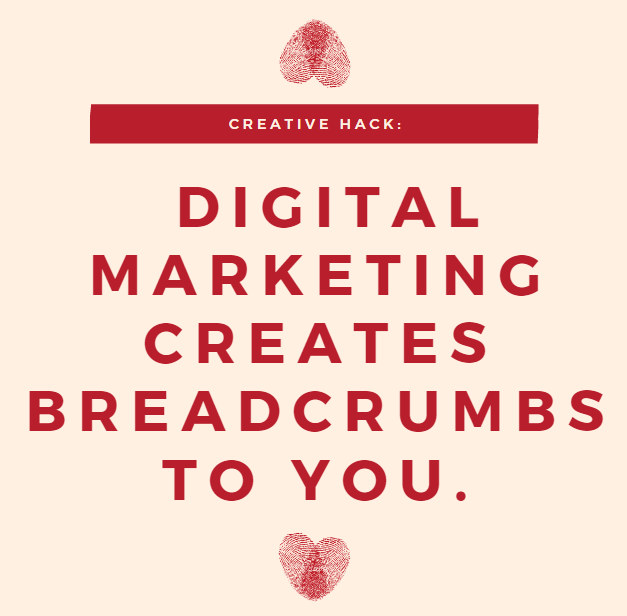






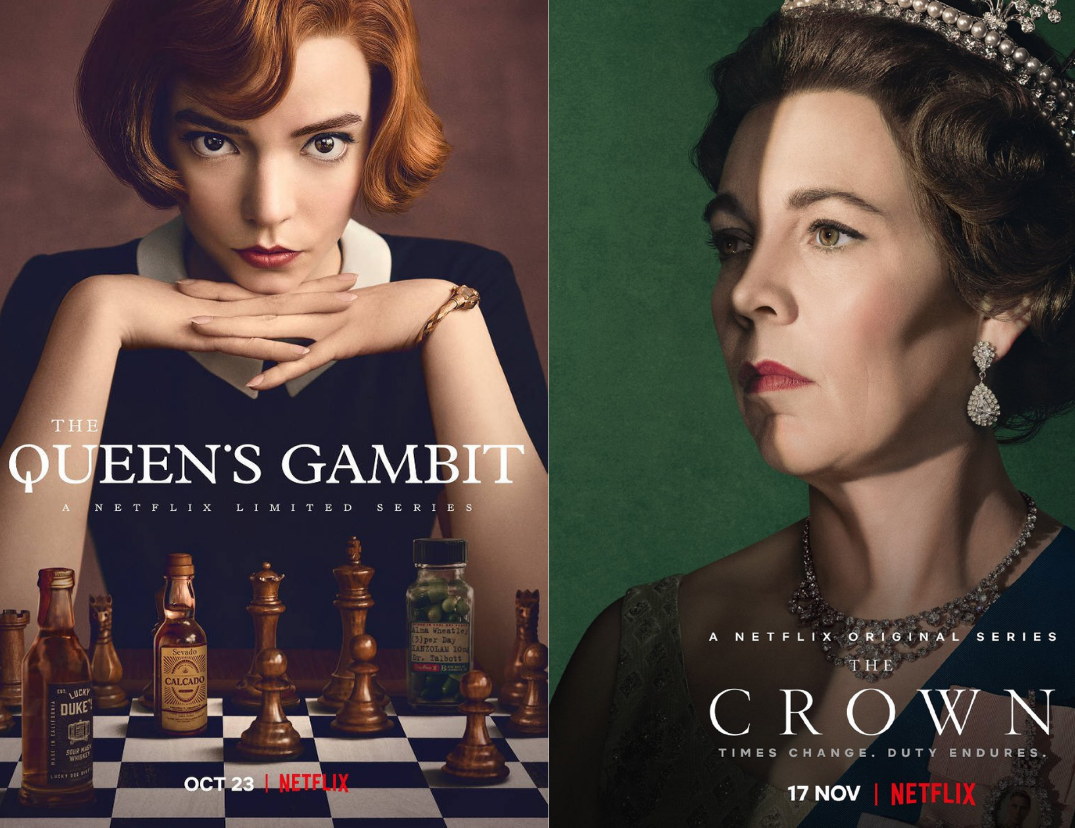
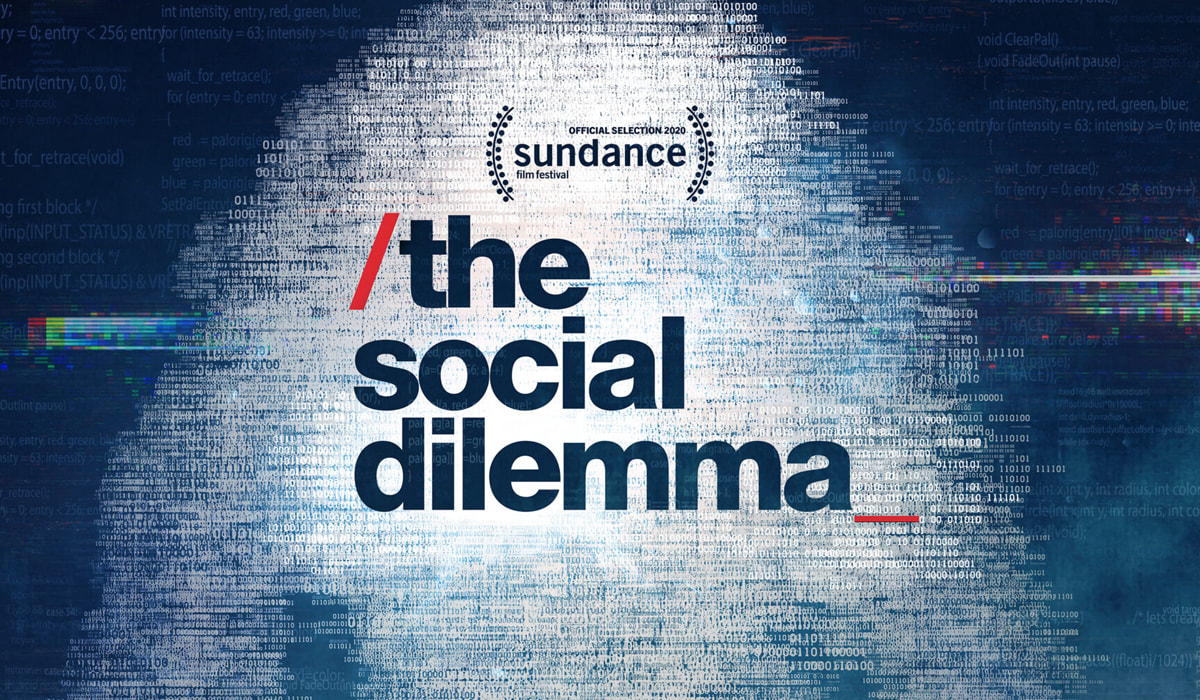
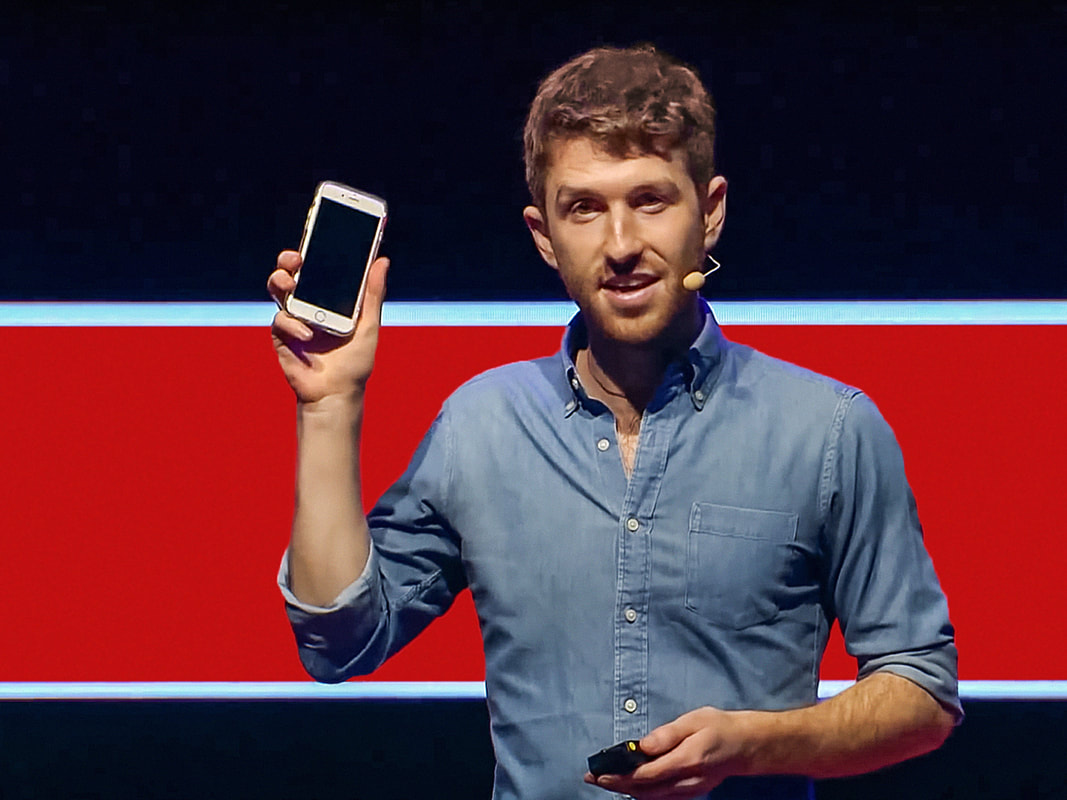

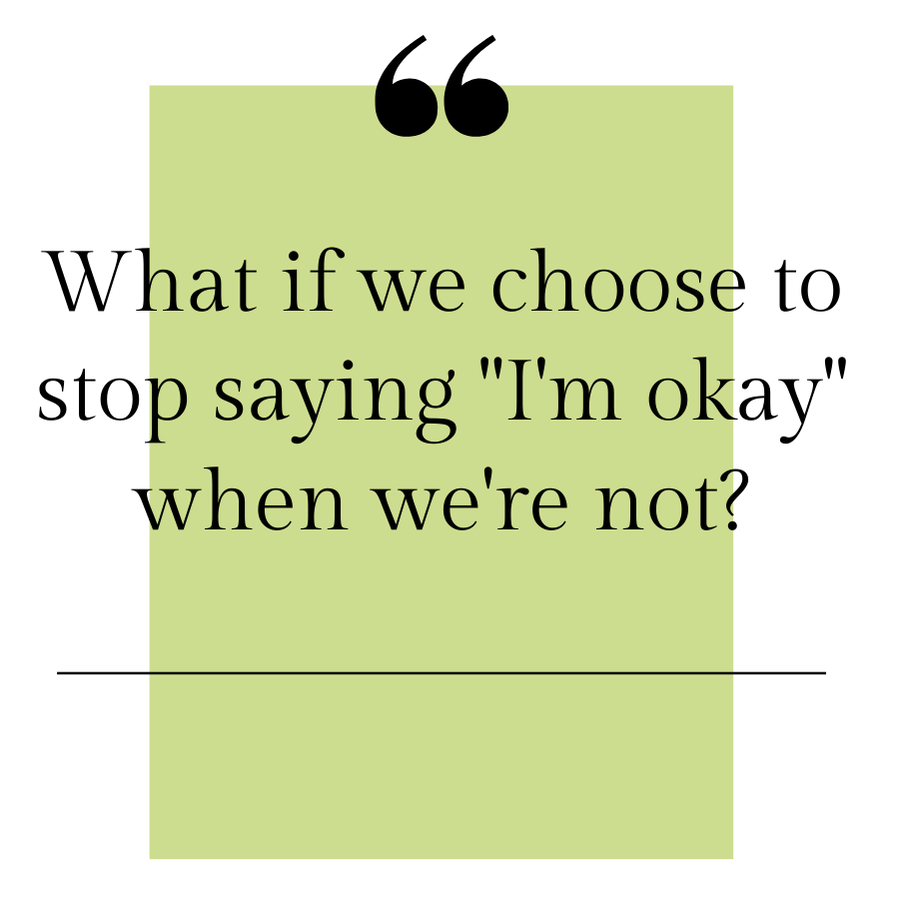
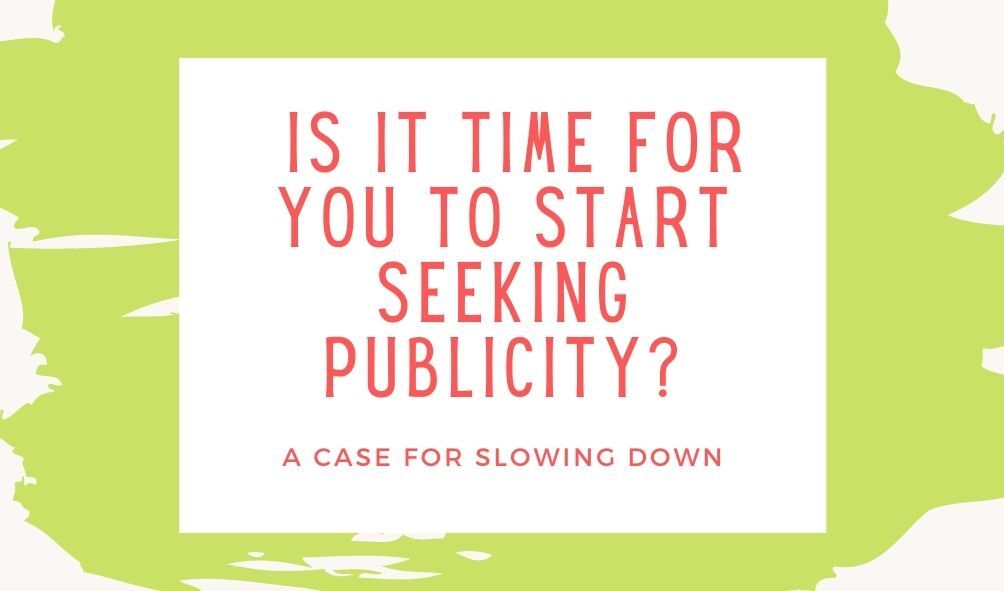

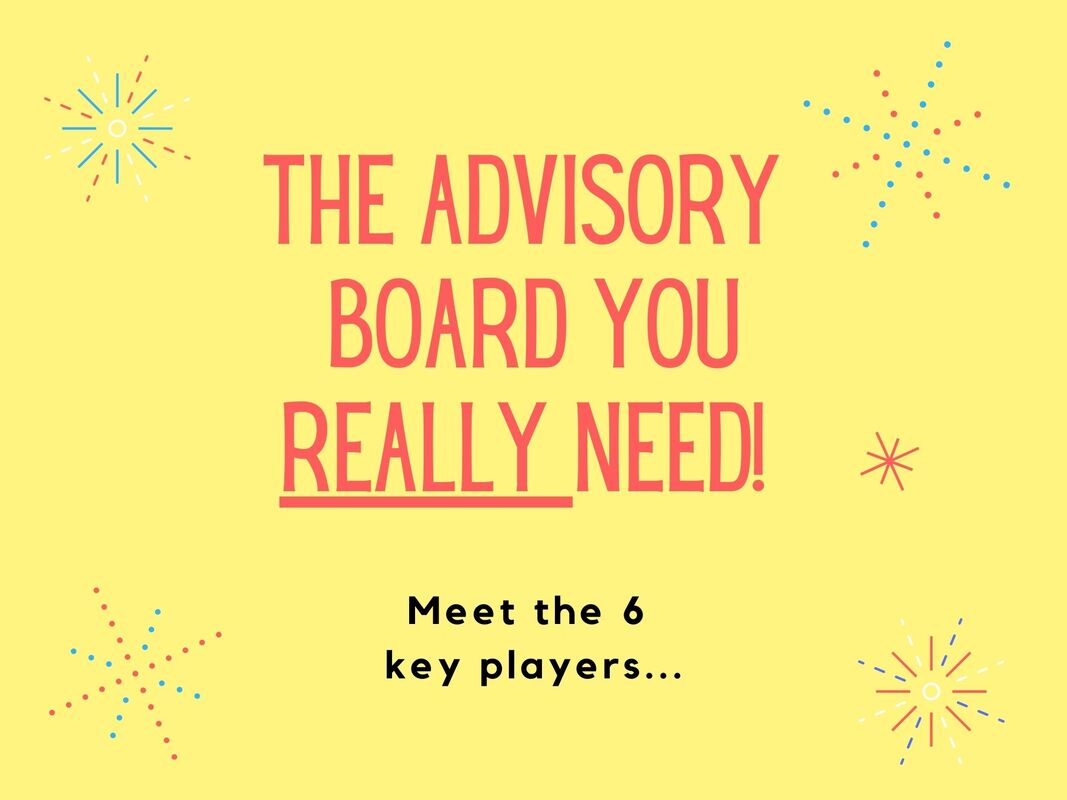

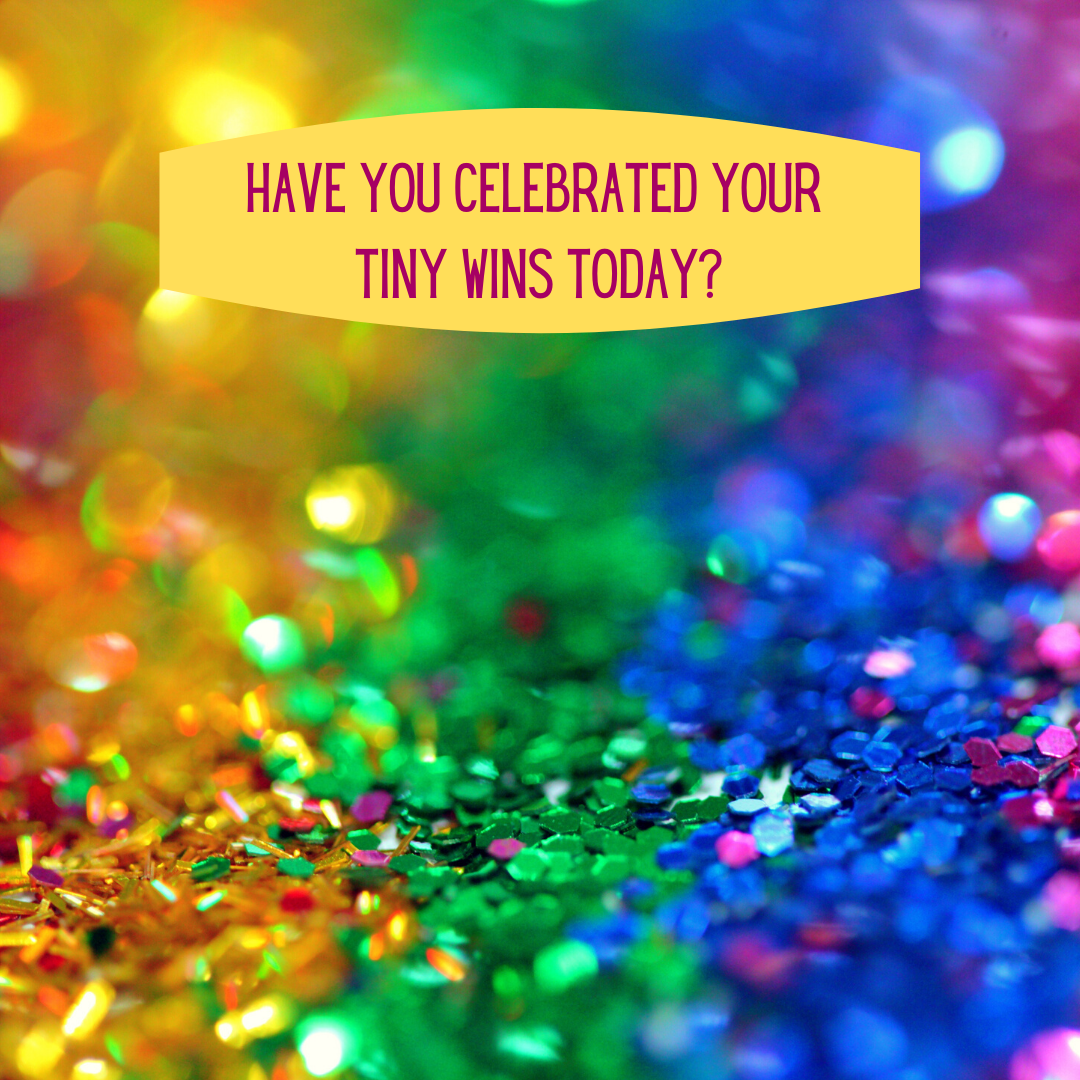
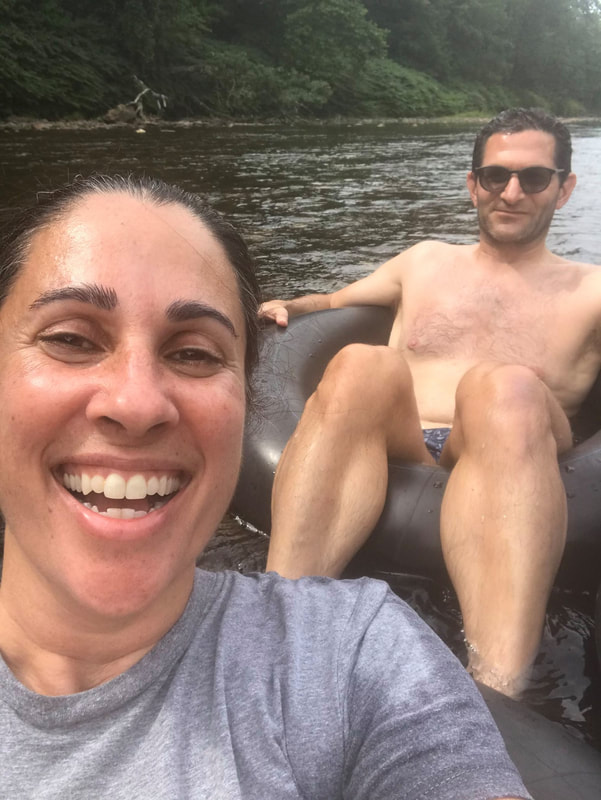

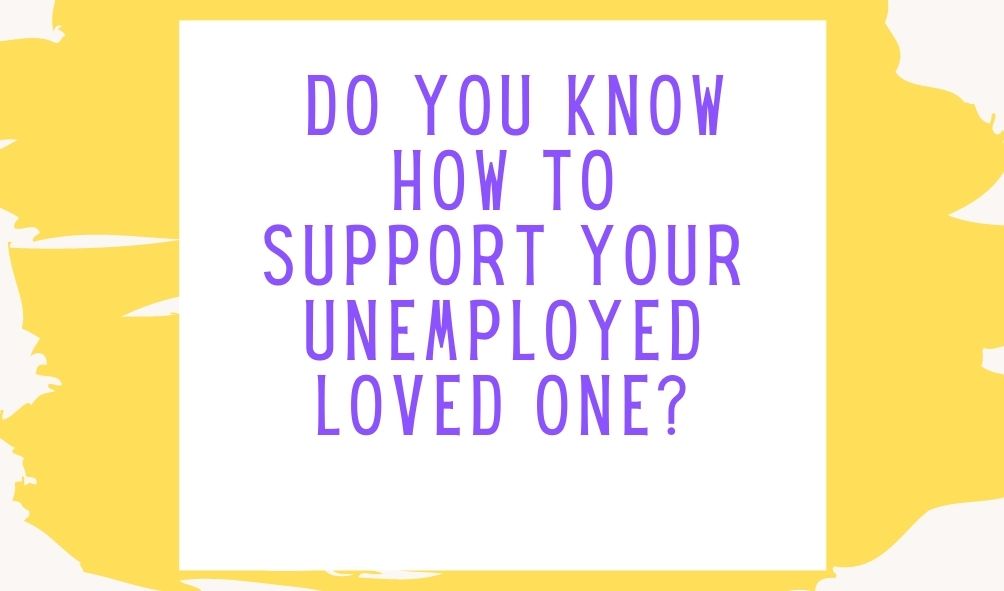
 RSS Feed
RSS Feed
